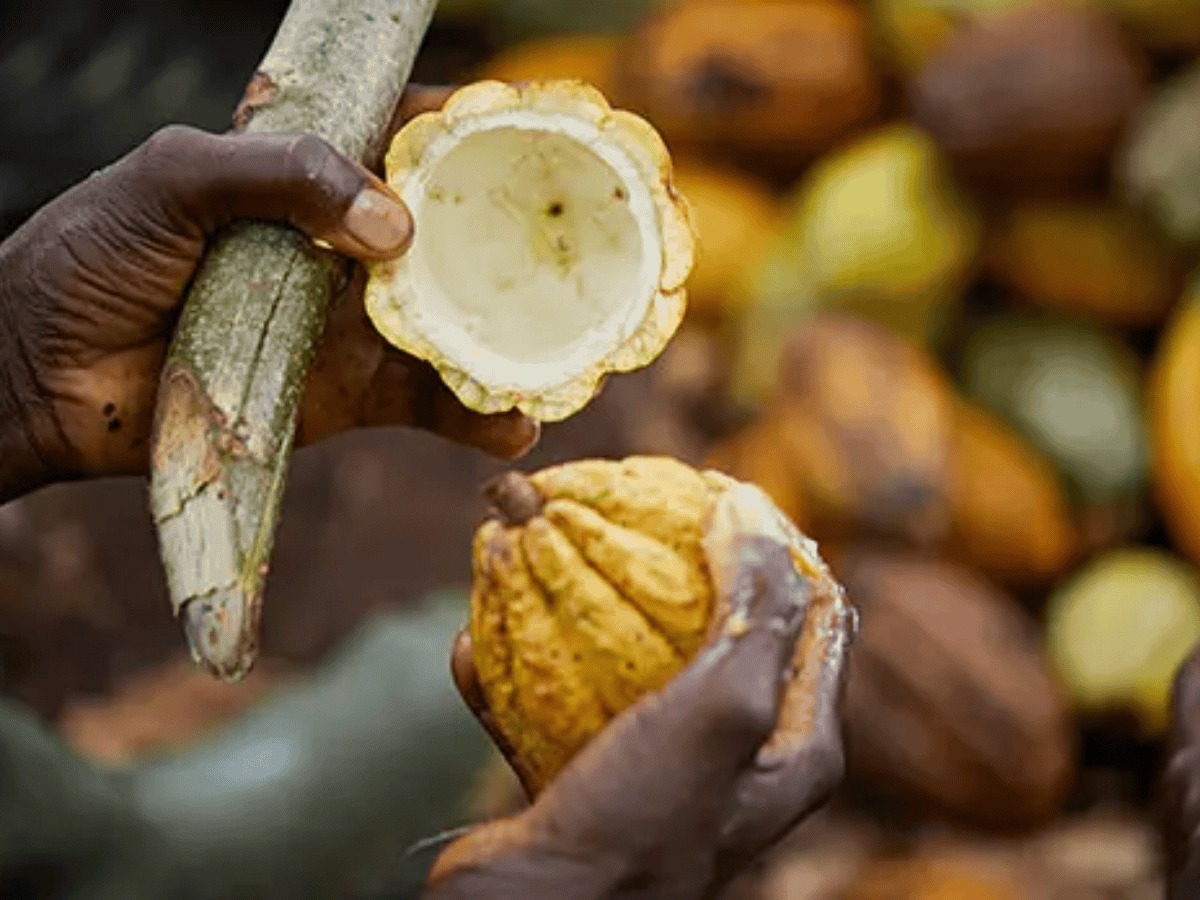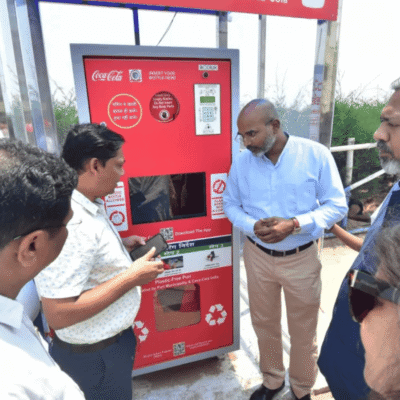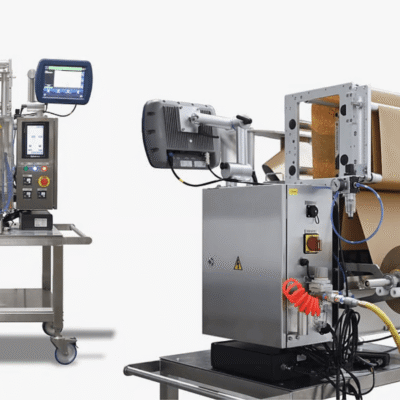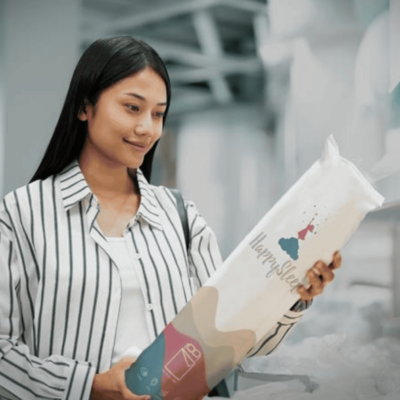GHANA – Olam Food Ingredients(ofi), in collaboration with LOTTE, Fuji Oil Co., and MC Agri Alliance, is set to debut its first cocoa biochar initiative in Ghana’s Dankwa County during the 2024/25 crop season.
The project aims to tackle pressing environmental challenges in cocoa farming by converting waste into biochar, a soil-enhancing material that also helps reduce carbon emissions.
Central to the initiative is the transformation of discarded cocoa pod husks into biochar using specialized combustion machines.
This process avoids the release of carbon that would occur during natural decomposition and yields a product capable of improving soil structure, fertility, and resistance to erosion.
By utilizing agricultural waste, the project supports ofi’s broader sustainability agenda, encapsulated in its Cocoa Compass framework, and aligns with its 2050 Net Zero ambitions.
Addressing climate challenges in cocoa production
The initiative comes at a time when sustainable cocoa production is becoming increasingly critical in the face of climate-related agricultural challenges.
LOTTE, a project partner, highlighted the importance of such solutions as weather patterns continue to impact cocoa yields. Fuji Oil Co. emphasized the alignment of this effort with global strategies to create a more sustainable food value chain.
The biochar pilot will be closely monitored to assess its impact on soil health and carbon sequestration. Results from this study could provide valuable insights for scaling biochar as a tool to mitigate environmental impacts in cocoa farming.
Building on circular biomass practices
This project builds on ofi’s existing circular biomass initiatives, which have incorporated renewable energy solutions at cocoa factories worldwide.
By-products such as cocoa shells are already being used to fuel biomass boilers, further demonstrating the potential of agricultural waste in reducing dependency on non-renewable energy sources.
Collaborative efforts for sustainable agriculture
Industry stakeholders view the Ghana biochar project as an opportunity to test scalable practices that could benefit cocoa farming communities while lowering the environmental footprint of the global cocoa supply chain.
Through this collaboration, ofi and its partners aim to model how resource-efficient innovations can support sustainable agriculture.
Biochar as a growing solution
Biochar, recognized for its ability to enhance soil quality and trap carbon, has gained attention in recent years as a potential solution to address the dual challenges of climate change and soil degradation.
The Ghana initiative may pave the way for similar applications in other regions, offering a glimpse into how technology and partnerships can intersect to shape the future of agriculture.






